Kindly Inquisitors by Jonathan Rauch
I'm going to start documenting some of the many books I've read that are relevant to Notable Nation, and my take-away from them.
Kindly Inquisitors by Jonathan Rauch is phenomenal. I heard about it from Penn Jillette, who I knew as a magician and part of the TV show "Bullshit", but it turns out he's also a political thinker and libertarian.
Kindly Inquisitors is about the importance of free speech. Without free speech we cannot have free thought and without free thought we have nothing.
The idea that you can shut down speech you don't like, or speech you find offensive, or that some people find offensive, or that is considered harmful, is deeply problematic.
Because once you have those tools of censorship in place, it's easy to change the rules. You may like the people who are in power today, and how they apply the rules, but tomorrow, some other people might be in power, and they might want to change the rules or apply them differently.
We see that very clearly today with censorship of Twitter and Facebook and Google/YouTube, where the guidelines, as JP so clearly illustrated, are clear as mud. They will come up with a reason to shut down speech they don't like, and then when the heat gets too much, they'll come up with a reason to revert their decision—after the damage has already been done.
So it's very very important that we allow speech, especially speech that we disagree with.
Another reason is that intellectual advancement, including science, involves challenging widely and strongly held beliefs. The truth might very well upset some people. It might upset some very powerful people.
An enlightened, and efficient, intellectual regime lets a million prejudices bloom, including hateful ones. It avoids any attempt to stamp out prejudice, because stamping out prejudice inevitably means making everybody share the same prejudice, and thus killing science. Rather, it pits people’s prejudices against each other. Then it sits back and watches knowledge evolve.
One of the things he points out is that absolute certainty does not exist. It never has, and it never will. (That sounded pretty certain.) But given that we can only ever know anything through our senses, and that we cannot know whether what our senses tells us is correct, it follows that we cannot know anything for certain.
I love that this ties in to one of my favorite spiritual teachers, Byron Katie. This is the foundation of her entire body of work: Question your thoughts. "Can you absolutely know that's true?" More on Katie later. You can watch my conversation with her here.
“But doesn’t the First Amendment protect us?” From government regulation of inquiry, yes. But not from ourselves, if we come to accept an ethic which obliterates the line between criticism and violence and so makes liberal science immoral in principle. If we accept the moral rightness of the humanitarian attack on intellectual liberalism, or of the egalitarian attack, then no First Amendment can save us.
The distinction to be drawn is between physical violence, or threats of physical violence, and expression of ideas.
Any expression of ideas need to be allowed.
Physical violence, or threats of the same, should not be allowed.


0 comments
Leave a comment
Please log in or register to post a comment